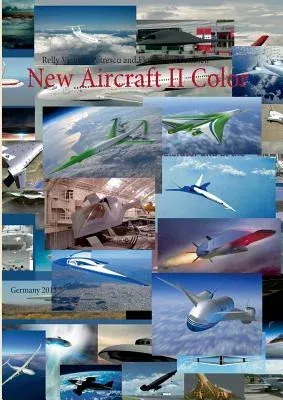The Boeing Vertol CH-46 Sea Knight is a medium-lift tandem rotor
transport helicopter. It is used by the United States Marine Corps
(USMC) to provide all-weather, day-or-night assault transport of combat
troops, supplies and equipment. Additional tasks include combat support,
search and rescue (SAR), support for forward refueling and rearming
points, CASEVAC and Tactical Recovery of Aircraft and Personnel (TRAP).
Canada also operated the Sea Knight, designated as CH-113, and operated
them in the SAR role until 2004. Other export customers include Japan,
Sweden, and Saudi Arabia. The commercial version is the BV 107-II,
commonly referred to simply as the "Vertol". The Boeing CH-47 Chinook is
an American twin-engine, tandem rotor heavy-lift helicopter. With a top
speed of 170 knots (196 mph, 315 km/h) it is faster than contemporary
utility and attack helicopters of the 1960s. The Sikorsky CH-53E Super
Stallion is the largest and heaviest helicopter in the United States
military. As the Sikorsky S-80 it was developed from the CH-53 Sea
Stallion, mainly by adding a third engine, a seventh blade to the main
rotor and canting the tail rotor 20 degrees. It was built by Sikorsky
Aircraft for the United States Marine Corps. The less common MH-53E Sea
Dragon fills the United States Navy's need for long range mine sweeping
or Airborne Mine Countermeasures (AMCM) missions, and perform heavy-lift
duties for the Navy. Under development is the CH-53K, which will be
equipped with new engines, new composite rotor blades, and a wider
cabin. The Bell Boeing V-22 Osprey is an American multi-mission,
military, tiltrotor aircraft with both a vertical takeoff and landing
(VTOL), and short takeoff and landing (STOL) capability. It is designed
to combine the functionality of a conventional helicopter with the
long-range, high-speed cruise performance of a turboprop aircraft. The
V-22 originated from the United States Department of Defense
Joint-service Vertical take-off/landing Experimenta


